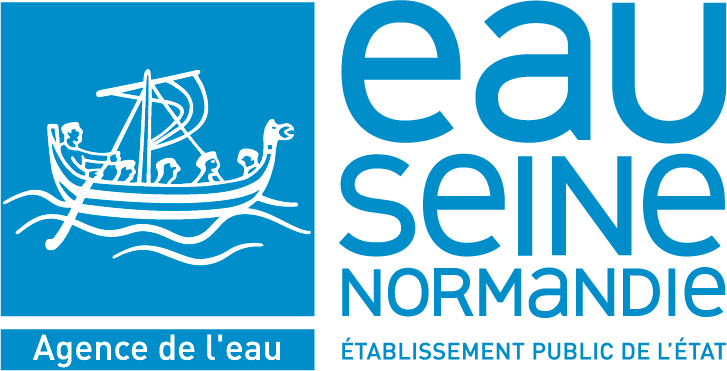Since 2019, GRET has been working in the Saint-Louis region in Senegal to strengthen user participation in drinking water services. Taking an innovative commons-based approach, the teams are contributing to the emergence of concerted decision-making mechanisms to ensure smooth operation of water services in the region.
In the past thirty years, Senegal has experienced a series of management reforms. Since the end of the 1990s, drinking water services were under the responsibility of Rural well users’ associations, or of drinking water networks (ASUFOR or ASUREP). However, in 2014, with a view to more effective management, the State opted to delegate the public drinking water service to international private stakeholders. The territory is divided into delegation zones. Through the National Office of Rural Wells (OFOR), the State centralised management of rural hydraulics in Senegal. This public services delegation generated a loss of users’ influence over decisions concerning water management. This led to defiance among the population vis-à-vis the operator. Strong protests resulted in the State suspending the reform and gave rise to an external evaluation.
A commons-based approach to give users a role in the reform
The Gorom-Lampsar territory was chosen as a pilot zone for public service delegation. It is made up of 13 water purification and treatment units connected to networks in several villages, supplying more than 70,000 inhabitants in the Saint-Louis region.
Since the reform, water users in Gorom-Lampsar have noted a deterioration of the service: decrease in water quality, frequent interruptions to the service, a lack of transparency around billing and investments made by the operator. Lack of dialogue between users, the Office of wells and the private operator is the main source of overall dissatisfaction in communities.
In a context where dialogue on the future of drinking water services had broken down, GRET’s team took a commons-based approach. The aim is to involve users in monitoring of the service, and to restore their participation in decisions concerning them.
For GRET, the commons are a source of inspiration and are useful for the redesign of governance of an essential service. The commons provide a dynamic mode of social organisation, in which a set of stakeholders who are interdependent and directly concerned by a common issue, become engaged in collective action to construct shared governance, aimed at balancing power and interests. This means that each of the stakeholders concerned – citizens as well as the public and private sectors – participates in decisions and in monitoring of their application.
By supporting mobilisation of users’ organisations alongside public authorities and the private sector, the commons-based approach should favour the emergence of forums for multi-stakeholder dialogue, contributing to concerted decision-making for the smooth operation of drinking water services.

Thanks to this innovative approach, management of drinking water in Senegal seems to be transitioning towards greater participation by users and shared governance, offering promising prospects for the future.


